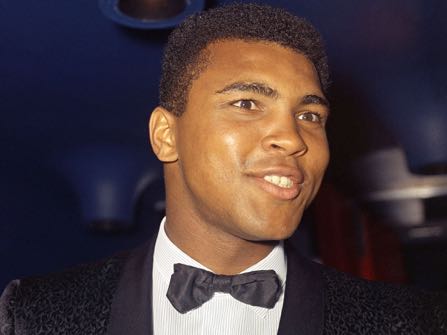
Muhammad Ali’s legend was reborn this month in the year of 1970, after his suspension from boxing for three-and-a-half years because of his refusal to be drafted. On Oct. 26 of that year, Ali entered the ring against Jerry Quarry as a symbol of Black pride and power.
Late promoter and writer Harold Conrad traveled to 22 states to obtain a boxing license for Ali. A fight was nearly on the table for California, but then-governor Ronald Reagan refused to grant the license. Amazingly, Georgia would become the host state for Ali’s return to the ring due to the efforts of Black state senator Leroy Johnson.
Georgia Gov. Lester Maddox, a proud segregationist, didn’t want the fight to occur due to the perception of Ali as anti-American among white patriots. Maddox even held an “evening of mourning” before the bout. Activist Julian Bond said that Atlanta had become the “Black political capital of the world” and sure enough the Ali-Quarry attracted national attention. Adding to the drama, the outspoken Ali had become a notable speaker in many liberal circles and Quarry, a white man, was viewed as a symbol of the opposition.
Maddox was powerless to cancel the fight and the match took place at the Municipal Auditorium, now known as Georgia State University’s Dahlberg Hall. Quarry was also powerless in stopping Ali, as the Black elite gathered to watch the spectacle. Stars such as Diana Ross, Mary Wilson, Coretta Scott King, Curtis Mayfield, Sidney Poitier, Jesse Jackson and the aforementioned Bond watched ringside, among other notables.
Ali pummeled Quarry, a talented fighter in a stacked heavyweight division, with an ease that belied his 40-month layoff from fighting. Ali went on to continue his career before his ultimate retirement in 1981.
PHOTO: AP
Like BlackAmericaWeb.com on Facebook. Follow us on Twitter and Instagram
Share your email below to receive our daily newsletter!
















